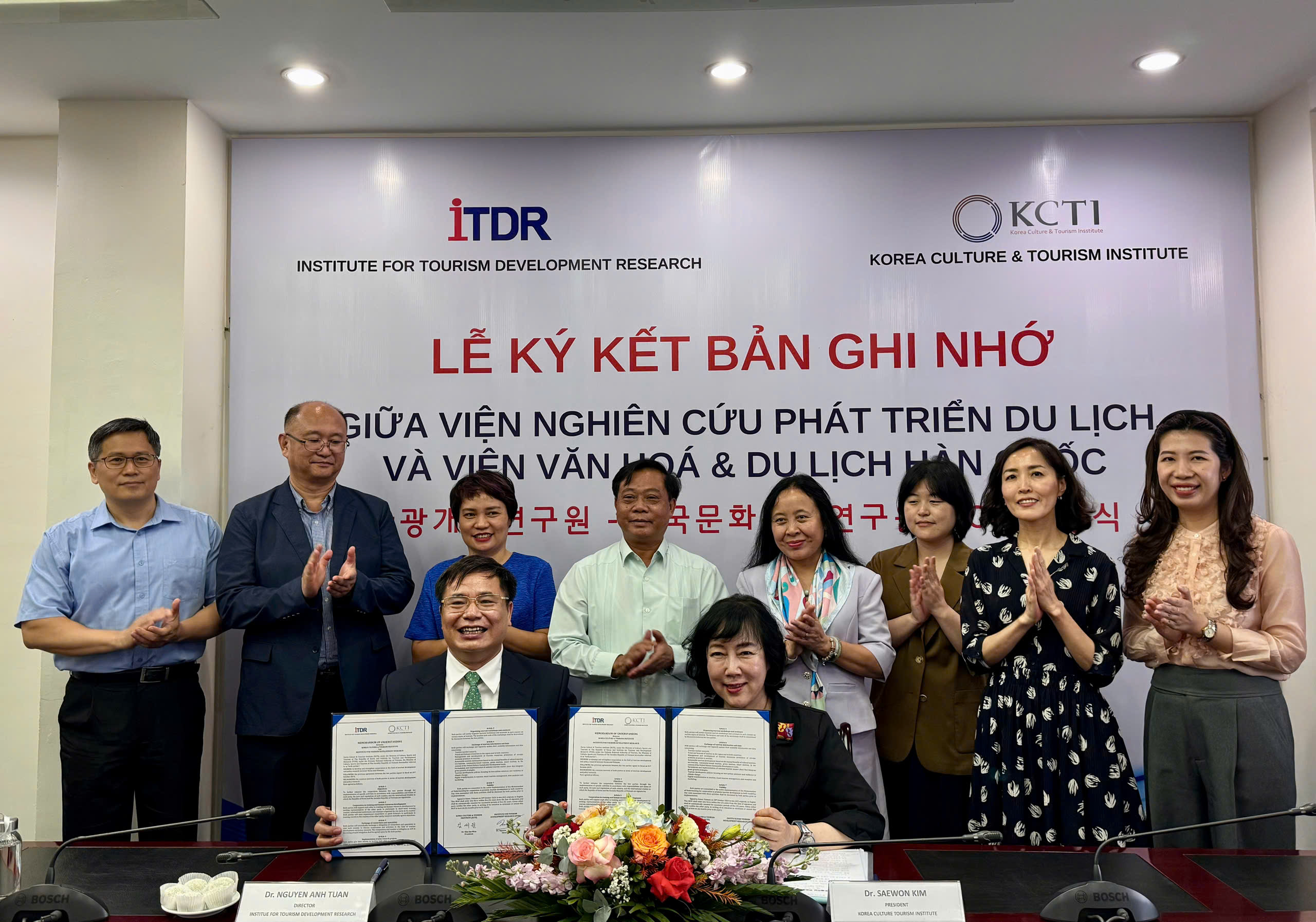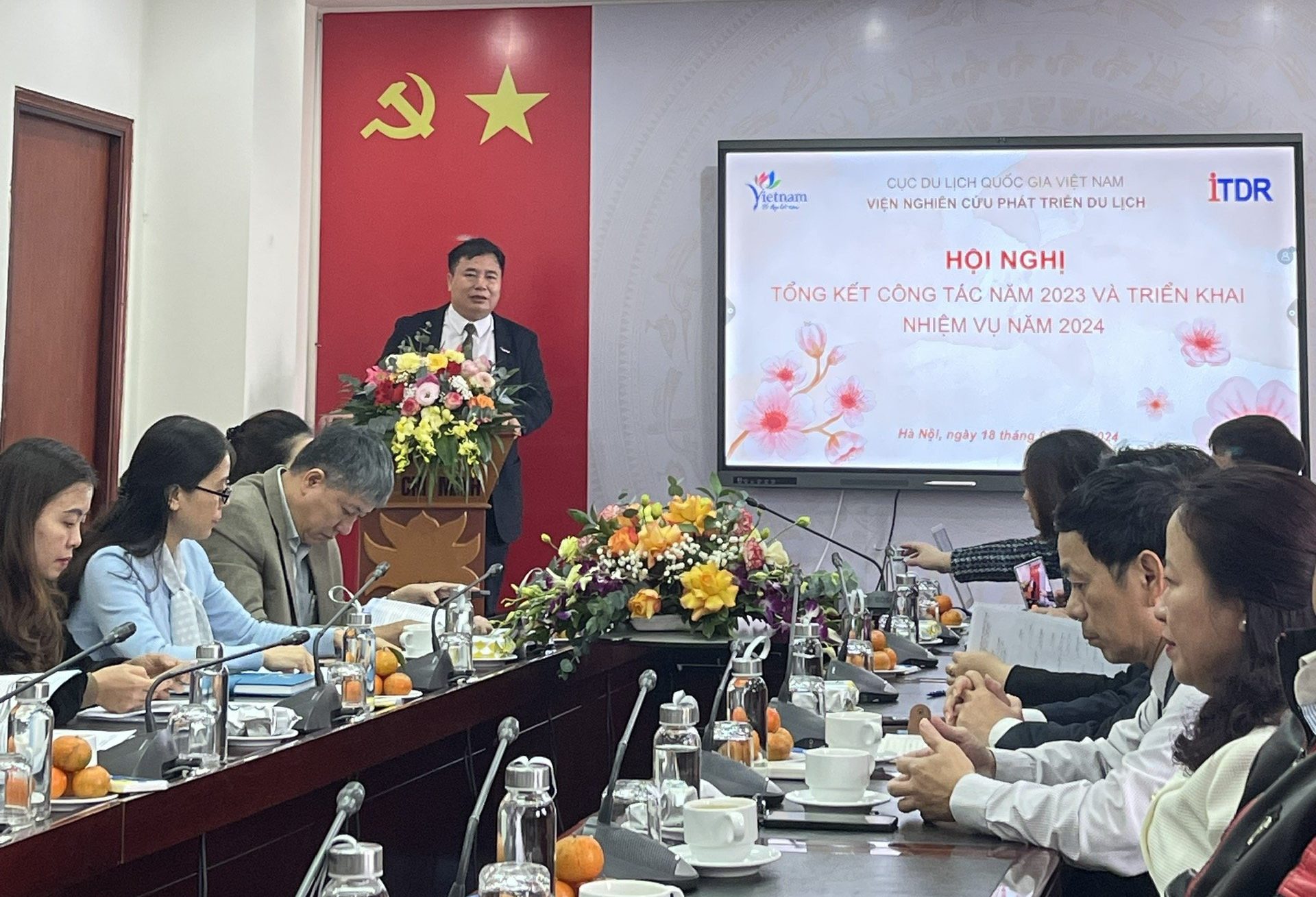To make each journey more profitable for local people
The World Tourism Organization (UNWTO), the International Trade Centre (ITC) and the Enhanced Integrated Framework (EIF) have produced the report titled Tourism for Sustainable Development in Least Developed Countries. The report is aimed at making greater recognition of tourism as a key service export in order to attract technical assistance to the sector in least developed countries (LDCs).
A project was launched in January 2017 to measure tourism’s impacts and contribution to the UN’s 2015-2030 Sustainable Development Goals.
The report showed that even the tourism contribution of each LDC isn’t great, the total amount of traveller money spent in these countries is still substantial. But money alone doesn’t reduce poverty. As the LDCs lack the critical goods and services that tourists require, including airports, accommodation, key attractions, tour guides and telecommunications, so they have to import those elements. The economists call it a “leakage.” When a country must import everything from generators and solar panels to certain kinds of food, it spends a considerable proportion of tourist dollars before they can multiply in the local economy. A more concerned issue of leakage is that tourism investors are often foreign, so most of the profit goes back to headquarters.
Governments can reduce leakage by thinking strategically about procurement, emphasizing local business development, integrating supply chains and investing in education and training to prepare workers for tourism jobs.
International organizations such as the UN can help countries find this balance by financing transport connectivity, for example, and facilitating infrastructure investment that’s mindful of potential tourism uses.

Individuals have a role to play, too, by making ethical travel choices. Tourists visiting developing countries can maximize the community benefits of their trip by “going local” on everything from food and tour companies to craft purchases.
Tourism will never end poverty. But if governments, industries and consumers start paying attention, they can make it a force for change. The report says that tourism can make a strong contribution to the economies of LDCs, but successful interventions in tourism require strong collaboration across government agencies as well as across different actors at the regional or local level. It also aims to increase the commitment and investment in coordination and raise tourism’s prominence in trade-related technical assistance as to ensure the sector delivers on its powerful capacity to create jobs and incomes where they are most needed and for those who are most vulnerable – including youth and women.
Reference:
– http://www.huffingtonpost.com/entry/can-tourism-alleviate-global-poverty_us_596e24c6e4b0376db8b65b15
– http://www.un.org/apps/news/story.asp?NewsID=57169#.WXFn4xXyhdg
Chien Thang





 Address: 58 Kim Mã, Ba Ðình, Hà Nội
Address: 58 Kim Mã, Ba Ðình, Hà Nội Phone: (84-24) 37 34 31 31
Phone: (84-24) 37 34 31 31 Fax: (84-24) 38 48 93 77
Fax: (84-24) 38 48 93 77 Email: info@itdr.org.vn
Email: info@itdr.org.vn Website: https://itdr.org.vn
Website: https://itdr.org.vn




